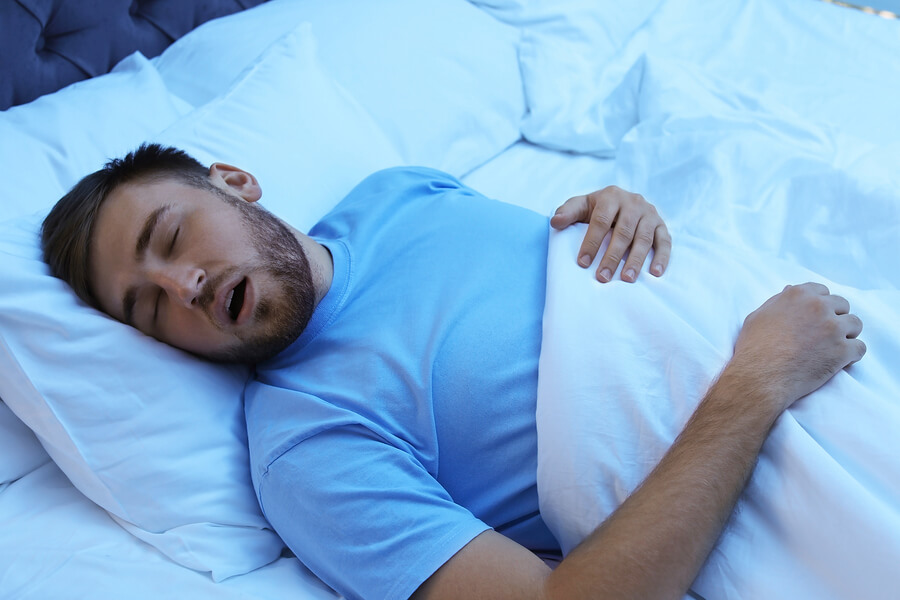What do sleep and dentistry have to do with each other? A lot, as it turns out. That’s because many issues with sleep are involved or originate in the mouth and head area, which is what we dentists specialize in.
As Board Certified Diplomates of the American Board of Craniofacial Dental Sleep Medicine, both of us have even more training than most dentists in this area. It’s allowed us to help thousands of patients address their sleep disorders, reclaim restful sleep, and improve quality of life. Here’s how we can help and why sleep dentistry is so important.
Sleep Apnea
Obstructive sleep apnea (OSA) is a sleep disorder wherein the flow of breath is impeded and stops for long pauses, anywhere from several seconds up to a few minutes, reducing the amount of oxygen to the brain. OSA is a serious medical condition that can drastically affect someone’s health. It’s associated with hypertension and heart disease, stroke, metabolic disorder, diabetes, and more.
A few different treatments are available, including the use of a continuous positive airway pressure (CPAP) machine or in some cases, surgery. But one of the most effective and least invasive treatments available is oral appliance therapy, which is one of the services we provide. A custom-created appliance that looks something like a mouthguard, but a much more involved. It is worn at night that helps keep the airway open. Not only does it stop OSA, but it’s also easier for patients to adhere to compared to a CPAP machine, which many find to be cumbersome and uncomfortable.
Studies have shown that 40% of the time, over the counter devices can restrict your airway further by 50%. That means your apnea can be twice as bad. They may address the snoring noises – but that is like turning off the alarm, even thought the thief is still in your home.
Bruxism
Grinding or clenching the teeth, also known as bruxism, are common behaviors during sleep. Grinding can lead to teeth that are worn down, chipped, or cracked, and eroded enamel, too, making dental caries more likely. Clenching, meanwhile, puts a lot of stress on the jaw joint. Bruxism can also be a sign that something is wrong with the bite and the jaw joint.
OSA and bruxism are actually commonly found together. This is because the jaw tries to move in order to open the airway, inadvertently leading to grinding. Again, sleep dentistry can step in to help address bruxism in many cases through the use of an oral appliance. This allows the jaw joint to rest and prevents teeth from grinding.
Visit Us for Better Sleep
Do you have poor quality sleep? Do you clench or grind your teeth? Have you been told that you snore or that your breath stops while sleeping? Do you wake up with headaches or pain in the face or jaw area? If you answered yes to any of these questions, visit us at The TMJ & Sleep Therapy Centre of Chicago. We’d love to see if we can use our experience and knowledge in the field of sleep dentistry to help restore the restful sleep and good health you deserve.
You can purchase our book, “Breathe, Sleep, Live Smile – Integrative Treatment for TMJ, Sleep Apnea and Orthodontics” on Amzon. It may help answer your questions.
